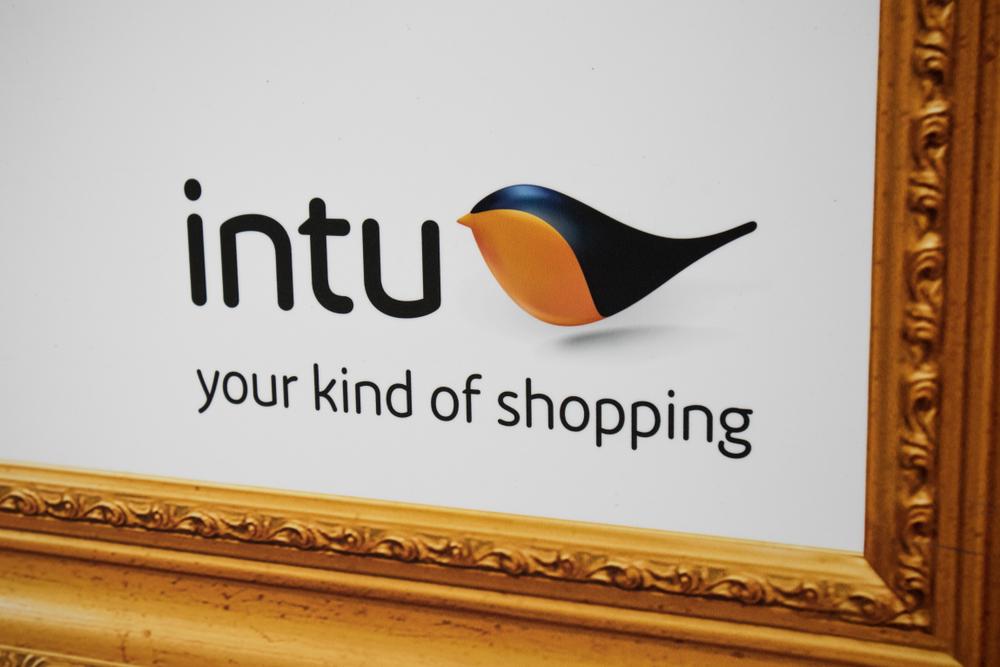Intu Properties (LON:INTU) have seen their shares slump on Thursday afternoon on the back of the releasing of their annual results.
“Our results are evidence of the challenges in our market, in particular structural changes ongoing in the retail sector, with some weaker retailers struggling to remain relevant in a multichannel environment. This has led to a higher level of administrations and CVAs and has been exacerbated by the continued weak consumer confidence from the political and economic uncertainty in the UK.
The impact of this can be seen in the reduction in revenue. Like-for-like net rental income reduced by 9.1 per cent in 2019, with over half the change coming from CVA and administration processes which were predominantly agreed in the first half of the year.
This has also impacted the investment market where 2019 saw the lowest level of shopping centre transactions since 1993. This weak sentiment has weighed heavily on valuations. We have seen reductions in the year of 23 per cent and around 33 per cent from the peak in December 2017. This property valuation deficit was the main contributor to the £2.0 billion loss for 2019”.
Looking at the figures, Intu reported 2019 revenue to be £542.3 million, which sees a £38 million decline on the 2018 figure of £581.1 million.
On a worrying note for shareholders, the firm reported that their loss had massively widened from £1.173 billion to £2.021 billion – and the firm alluded this to further property revolution deficit and a change in the value of financial instruments.
Net rental income also fell by £48.9 million from £450.5 million to £401.6 million – and a like for like reduction of 9.1% which was driven by impact of administrations and CVAs.
Intu also told the market that they had seen an impact disposals of £10.5 million, with the main contributor being Intu Derby.
Underlying earnings fell by £65.9 million from £193.1 million to £127.2 million.
The Chief Executive commented: “In addition to having been a challenging year, 2019 has been a year of change for intu. I took over as Chief Executive in April and in the summer I introduced our five-year strategy. With the pace of change accelerating in our sector, radical transformation was required, so we carried out a comprehensive review of the business and tested our findings to develop the strategy.
Our review of the business looked at the risks and opportunities of the evolving retail market, and along with an assessment of our underlying strengths, helped formulate our strategy for the next five years. This will reshape the business by way of four strategic objectives, detailed below. I am pleased to say we have already taken steps to deliver this strategy.
However, there are challenges. In the year, we made a loss of £2.0 billion, predominantly due to a property value deficit of 23 per cent, which is now 33 per cent down from the peak in December 2017. This results in our debt to assets ratio increasing to 65 per cent (adjusted for the Spanish disposals), highlighting the importance of fixing the balance sheet in our strategy. Although we were unable to proceed with an equity raise, we have a range of options including alternative capital structures and asset disposals”.
Going forward the firm note the they expect like for like net rental income to be down, and the current coronavirus situation is rapidly evolving.
The firm concluded by saying: “We are focusing all our energies on moving the business forward. We own many of the best shopping centre locations in the UK, with dedicated staff looking after our visitors who are coming to our centres in the same numbers and like intu more than ever. In a world where it is harder for retailers to increase profits, our centres offer them the best opportunity and many, such as Next, Primark and JD Sports, are thriving. But we cannot stand still, and as we have always done, we will focus on placemaking, curating our space to ensure it remains the place visitors love to be”.
Intu shares trade at 5p (-9.65%). 12/3/20 12:49BST.

